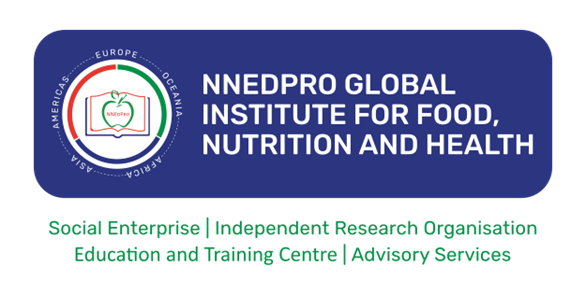NNEdPro Founding Chair and Executive Director
University affiliations: University of Cambridge | Ulster University | Imperial College London | University of Wollongong
Sumantra (Shumone) Ray is a Licensed Medical Doctor as well as a Registered Nutritionist (Public Health), with special interests in Cardiovascular Disease Prevention and Nutrition Education in Health Systems.
He is cross-appointed in Cambridge as a Director of Research at the University of Cambridge and Co-Lead for the Food, Nutrition and Education Work Package for the TIGR2ESS Programme in India (2017-22) led by Cambridge and supported by UK Research and Innovation’s Global Challenges Research Fund (GCRF). Shumone is a Bye-Fellow of Fitzwilliam College at the University of Cambridge, and, additionally, holds a fractional personal chair appointment as Professor of Global Nutrition, Health and Disease at Ulster University where he is also an Advisory Board Member to the high-impact GCRF Latin American SAFEWATER programme (2017-22). In addition, he has a number of honorary/visiting professorial appointments, including Imperial College London in the UK, and the University of Wollongong in Australia.
For further information: https://www.nnedpro.org.uk/sumantra-ray

Abstract
Dietary Bioactives including Polyphenols and Cardiometabolic Risk: Rethinking Wine Beyond Alcohol…
Sumantra (Shumone) Ray
Beverages such as wine are often thought of synonymously with the Mediterranean Diet. However the seven emblematic regions of this diet and lifestyle pattern also includes countries such as the Kingdom of Morocco which enjoys the dietary bioactives and potential health benefits associated with the Mediterranean Diet in the absence of alcohol consumption. One of the common denominators between beverages such as wine and other aspects of cardioprotective diets are bioactive compounds and ‘phytoprotectants’ such as polyphenols which are abundantly found in not only grapes but a variety of fruit, vegetables, and related foods. Over the past two decades the science underpinning the measurement of blood vessel function and cardiometabolic risk relating to dietary bioactives has developed significantly and can be combined with a multilevel approach to research linking polyphenol consumption to human health outcomes. We present research models which can be applied to the field of science and wine looking beyond alcohol.
